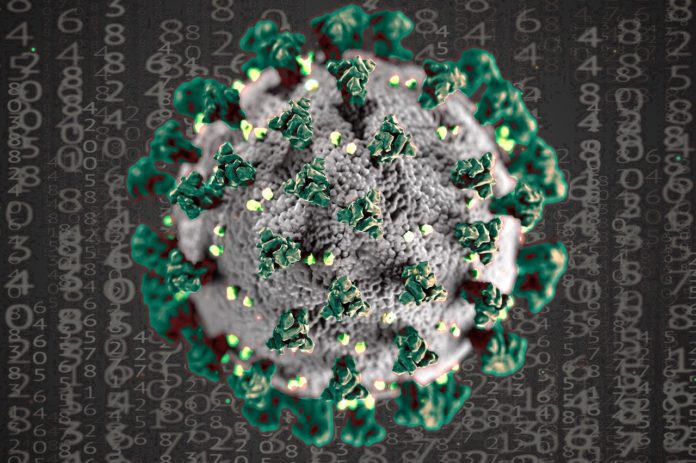Blood counts will help to accurately identify the most vulnerable to severe COVID-19 and to start anti-inflammatory therapy in advance, preventing severe complications.
A team of scientists from the Brigham and Women’s Hospital found that a rapid increase in C-reactive protein, a biomarker of acute inflammatory processes in the body, during the first 48-72 hours after hospitalization indicates that the course of the disease will be severe, including breathing difficulties and the need for artificial ventilation.
At the same time, scientists emphasize, stable values of C-reactive protein indicated a more stable course of the disease.
A total of 100 patients took part in the study. They assessed the dynamics of the biomarker in the blood for several days after hospitalization.
“Even though all of these patients looked clinically similar upon admission, as early as 24 hours after hospitalization, the immune systems of patients who would go on to the ICU multiple days later were already inflamed, as measured by these biomarkers”
said study co-author, doctor of the intensive care unit Edi Yong Kim
Scientists emphasize that one test to determine the level of C-reactive protein is not enough. The analysis should be carried out over three days in order to track the dynamics of the indicator.
“we have some evidence that a rise in inflammation directly drives respiratory failure, which implies that the immunomodulatory drugs might be able to prevent respiratory failure if given very, very early — as early as hospital Day 1 and 2”
experts say
The Brigham Hospital, where the study was conducted, has already changed the protocol and included mandatory monitoring of C-reactive protein levels during the first three days after hospitalization.
